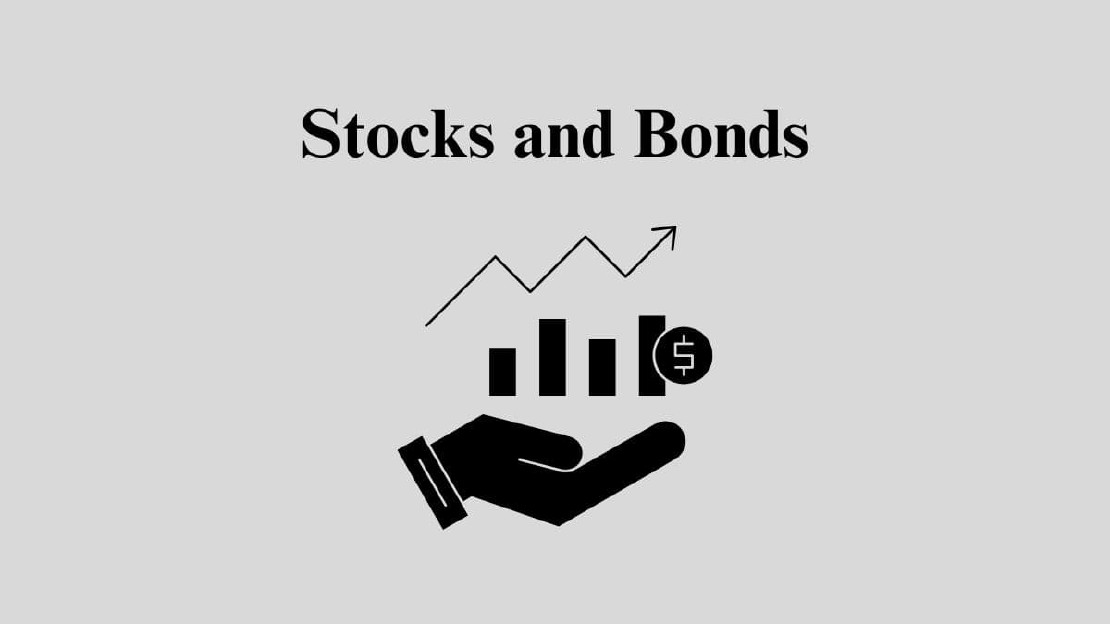Stocks vs Bonds
Stocks and bonds represent distinct asset classes with unique characteristics, risk profiles, and potential returns. Stocks offer growth potential but come with higher volatility, making them suitable for long-term investors with higher risk tolerance. Bonds, on the other hand, provide income and stability, appealing to conservative investors seeking capital preservation.
Stocks vs Bonds
Investing in financial markets offers a plethora of passive income opportunities, yet navigating the landscape requires understanding the fundamental differences between various asset classes. Among the most foundational decisions investors face are choosing between stocks and bonds. Each represents distinct financial instruments with unique characteristics and potential returns. Let’s delve into the essential differences between stocks and bonds to help you make informed investment decisions.
Understanding Stocks
Stocks, or equities, represent ownership stakes in publicly traded companies. When you buy stocks, you become a shareholder, entitling you to a portion of the company’s profits and losses. Stock prices fluctuate based on market conditions, company performance, and broader economic factors. Investors often seek stocks for their potential for capital appreciation and dividends, making them a cornerstone of growth-oriented portfolios.
Exploring Bonds
On the other hand, bonds are debt instruments issued by governments, municipalities, or corporations to raise capital. When you purchase a bond, you essentially lend money to the issuer in exchange for periodic interest payments and the return of the bond’s face value at maturity. Bonds are typically considered less volatile than stocks and are valued for their income generation and relative stability in comparison to equities.
Risk and Return Dynamics
Transitioning from understanding the nature of stocks and bonds, it’s crucial to grasp their risk and return profiles. Stocks generally offer higher potential returns over the long term but come with greater volatility and risk of loss. The stock market’s performance can fluctuate dramatically, influenced by factors ranging from company-specific news to global economic trends.
Conversely, bonds tend to offer lower returns than stocks but are accompanied by lower risk levels. Government bonds, for instance, are often considered the safest investment because they are backed by the issuing government’s creditworthiness. However, corporate bonds may carry higher risk depending on the issuer’s financial health.
Keep in mind, even the best investors take losses.
Investment Objectives and Time Horizon
Your investment goals and time horizon play a pivotal role in determining whether stocks or bonds are more suitable for your portfolio. Stocks are ideal for investors seeking long-term growth and willing to withstand market fluctuations. Younger investors with decades until retirement often favor stocks due to their potential for compounding returns over time.
On the contrary, bonds are favored by investors seeking income generation and capital preservation. Retirees or those with shorter investment horizons may prioritize bonds for their steady income stream and lower risk of principal loss. Need an investment idea? Why not consider investing in the NFT Market?
Diversification Benefits
Diversification is a cornerstone of prudent investing, and both stocks and bonds play crucial roles in building a diversified portfolio. By holding a mix of stocks and bonds, investors can mitigate risk and optimize returns across various market conditions. During economic downturns, bonds may provide stability and income, while stocks offer growth potential during economic upswings.
Market Behavior and Economic Factors
The performance of stocks and bonds is influenced by distinct market behaviors and economic indicators. Stock prices are sensitive to corporate earnings reports, interest rate changes, and geopolitical events. In contrast, bond prices are closely tied to interest rates and inflation expectations. Understanding these dynamics allows investors to make informed decisions based on current economic conditions and market outlooks.
Tactical Considerations in Portfolio Construction
When constructing a portfolio, strategic asset allocation involves determining the appropriate mix of stocks and bonds based on your risk tolerance and financial objectives. A balanced approach may involve adjusting the allocation between stocks and bonds over time as market conditions evolve and personal circumstances change. Rebalancing periodically ensures your portfolio remains aligned with your long-term goals while managing risk effectively.
Conclusion
Ultimately, the decision to invest in stocks, bonds, or a combination thereof depends on your individual financial goals, time horizon, and risk tolerance. By understanding the differences between stocks and bonds and their respective roles in a diversified portfolio, you can make informed investment decisions that align with your long-term financial objectives.
Invest wisely, diversify thoughtfully, and navigate the financial markets with confidence.
Recent Posts

- Investments
How Crypto Mining Works
Thinking about investing in cryptocurrency mining? If so, great, this crypto mining investment guide we’ll walk you through the fundamentals of …

- Work From Home
Amazons Mechanical Turk Monetization Tips
Looking for flexible online income? These Amazons Mechanical Turk monetization tips will help you turn small tasks into real earnings. If traditional remote …

- Work From Home
Fulfillment by Amazon Complete Guide
Launching and scaling an online store can feel overwhelming. Managing inventory, shipping products, handling returns—each task demands significant time and …
